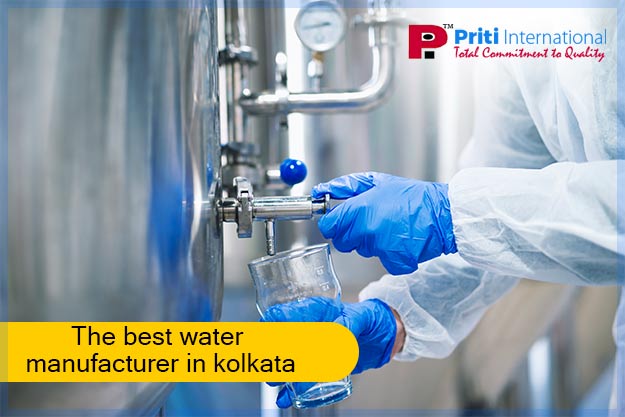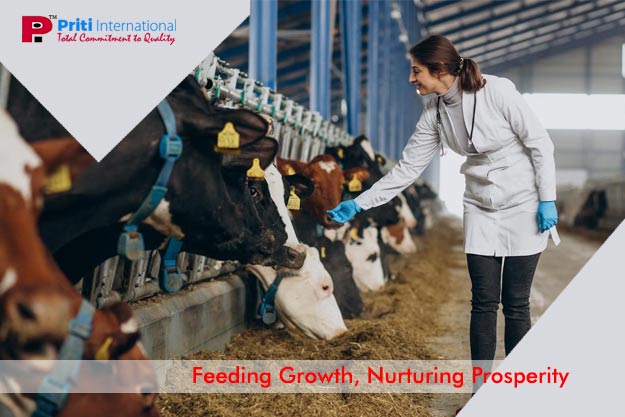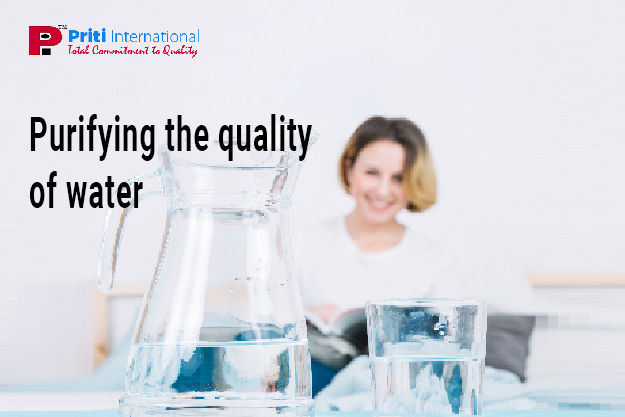Water is a vital resource, and ensuring its purity and safety is paramount. In Kolkata, numerous water plant manufacturer in kolkata strives to address water-related challenges.
Water treatment is a critical process that ensures the quality of water meets specific standards for various uses, including drinking, industrial processes, and environmental protection. However, several common problems can arise in water treatment, affecting its effectiveness and the quality of the treated water. In this article, we will explore these issues in detail. It highlights the five most common problems in water treatment and how these local manufacturers are contributing to solutions.
Continue reading



